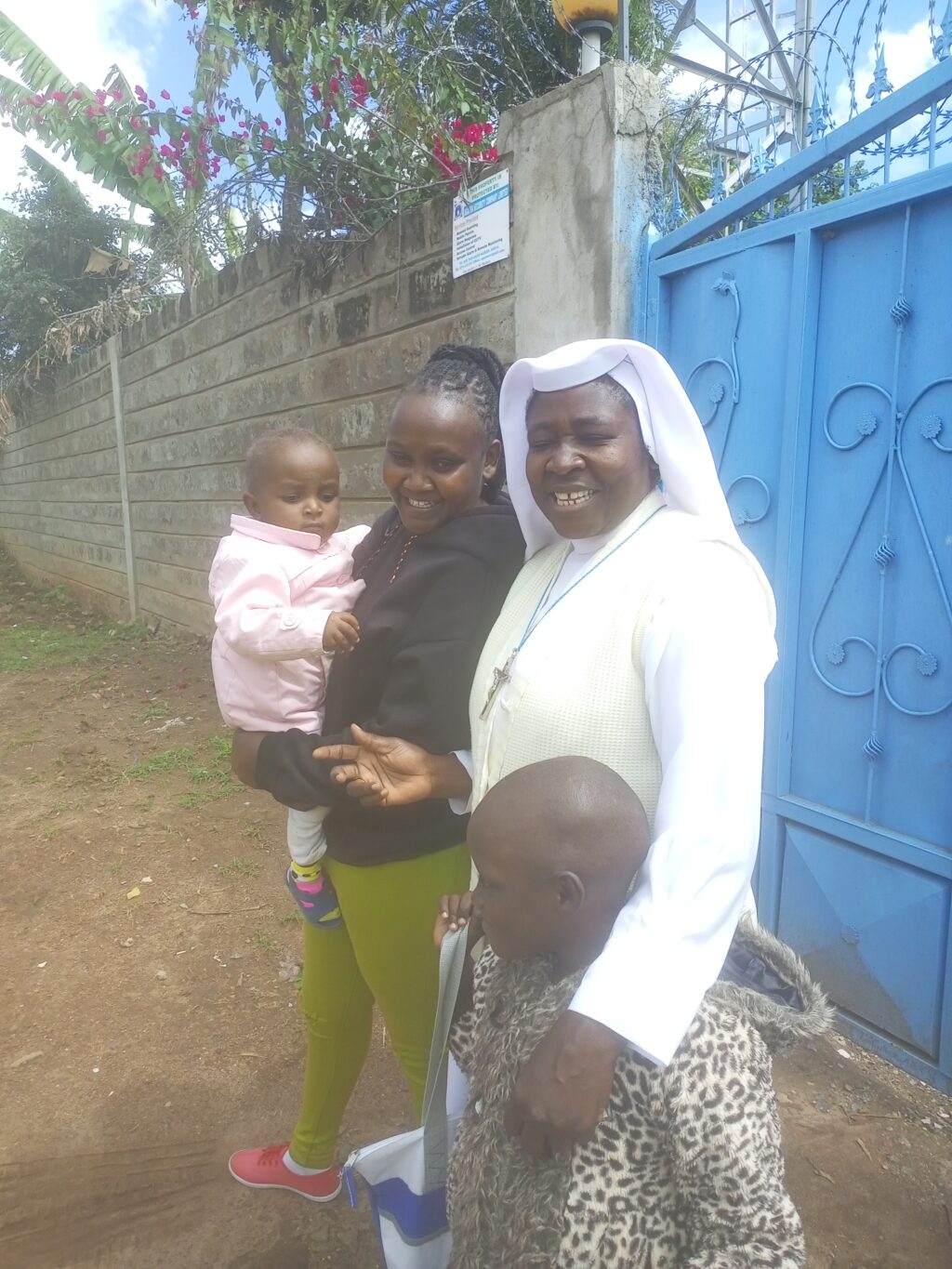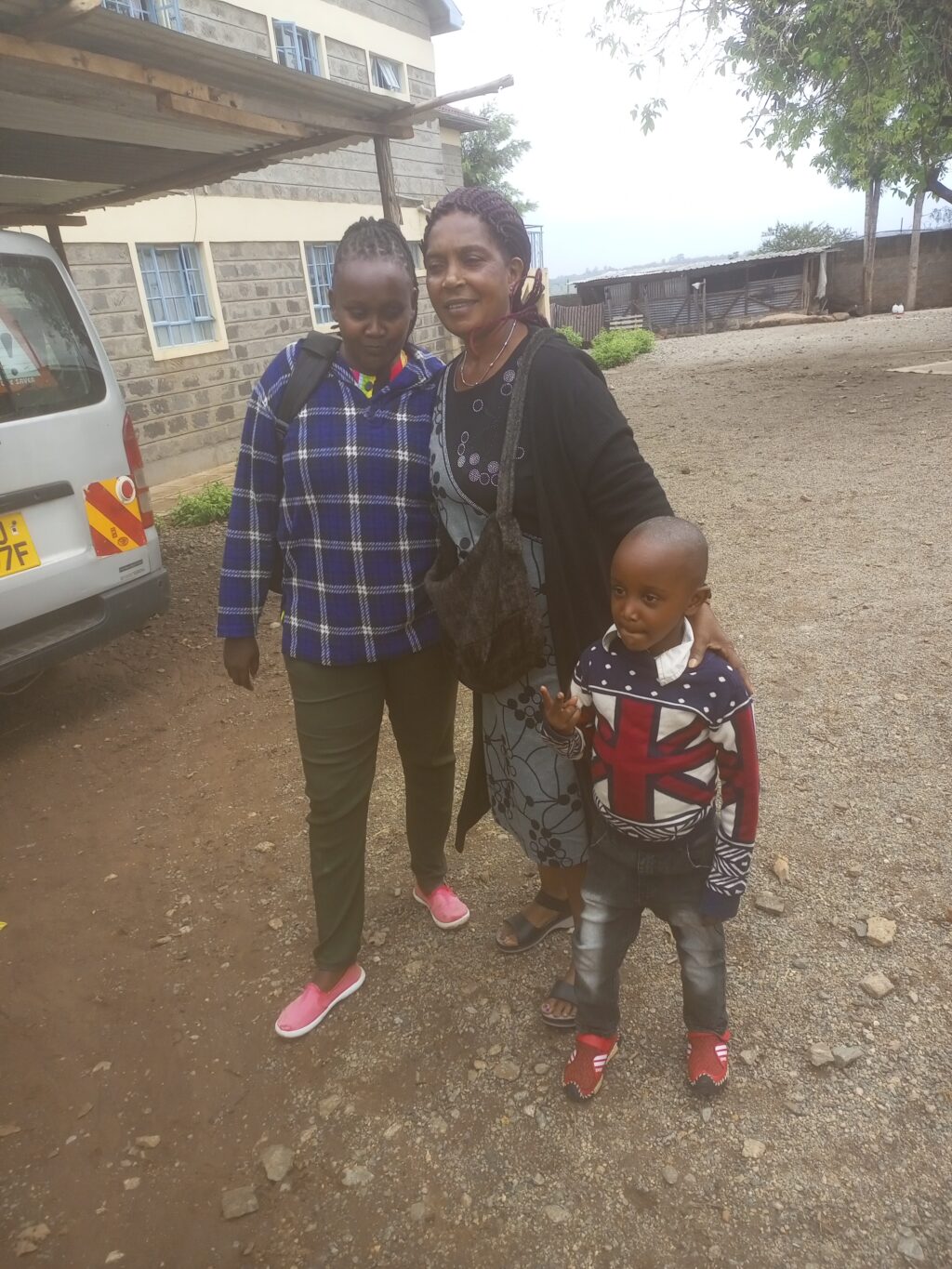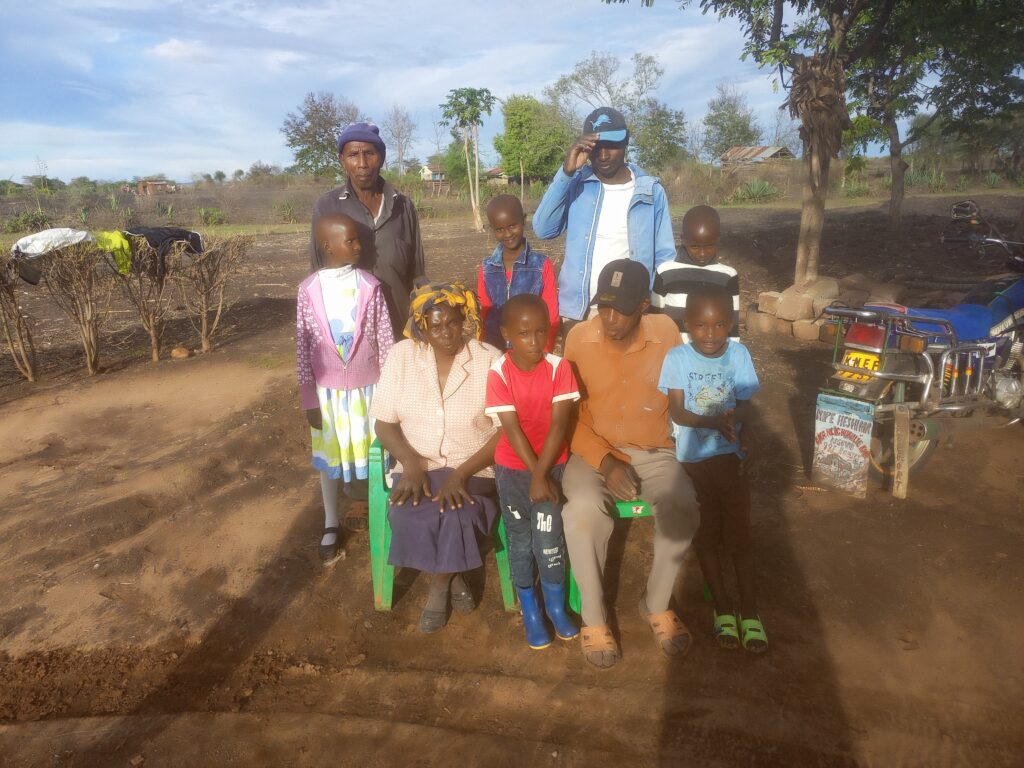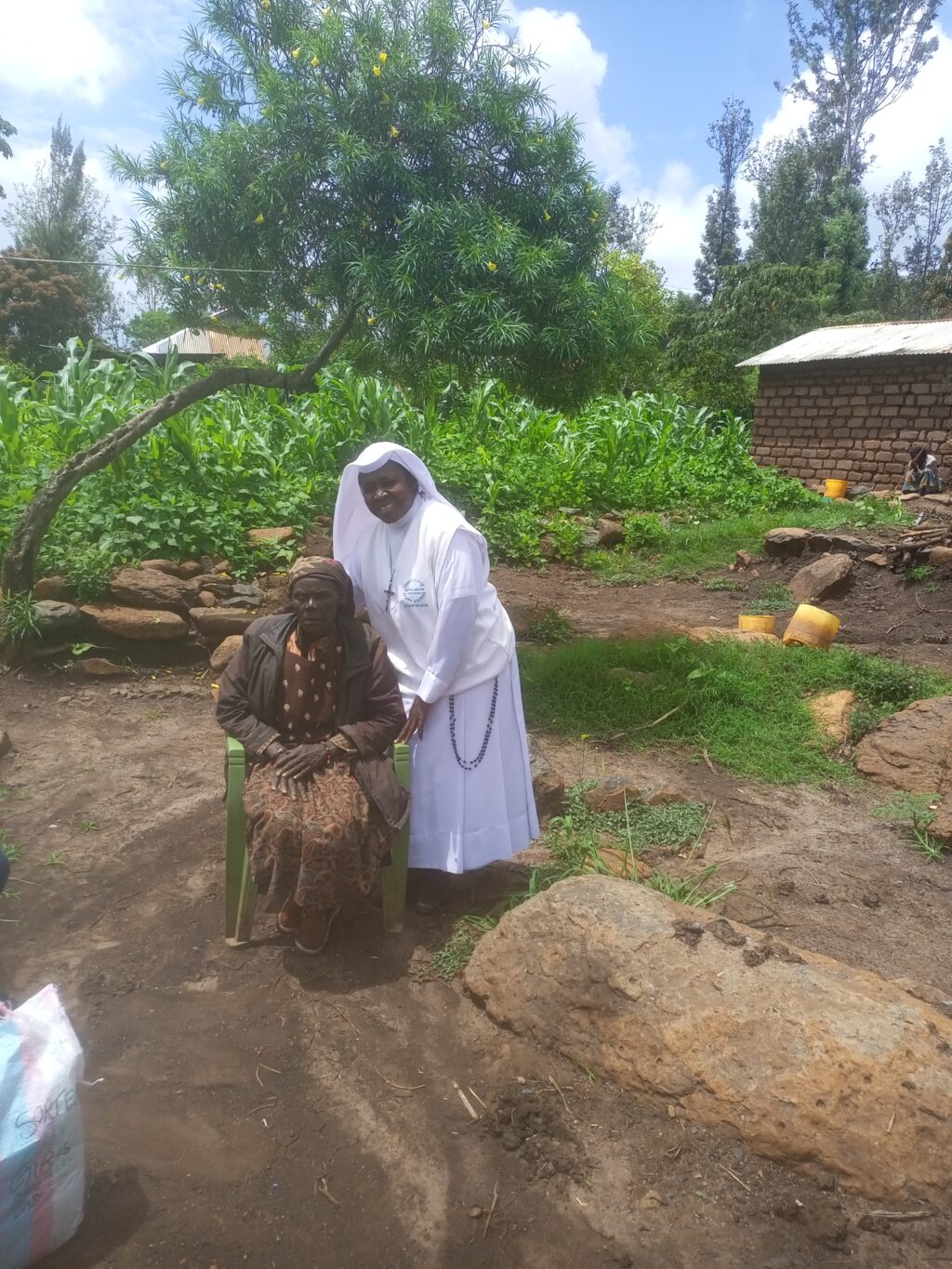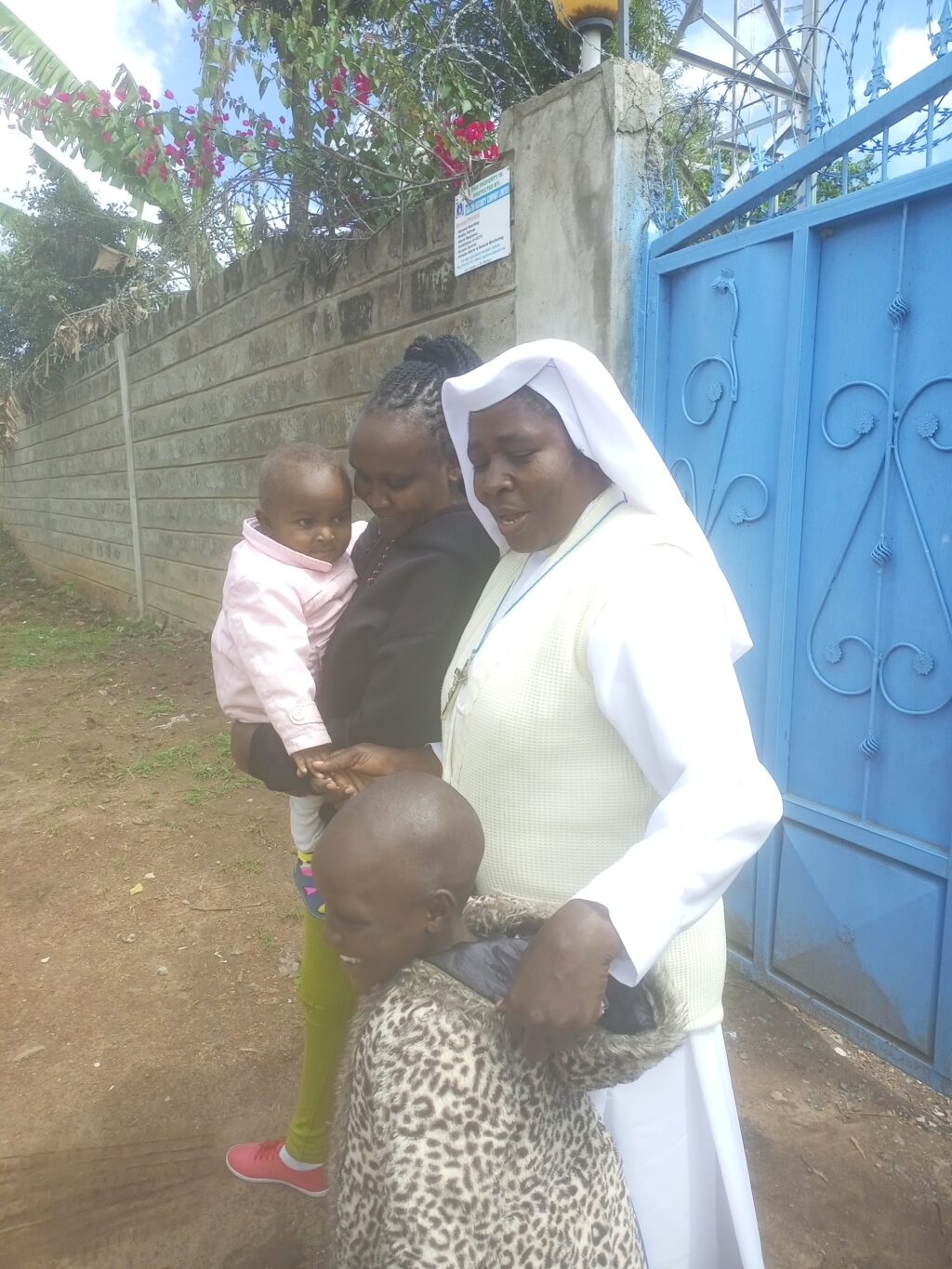Kenya
Education, Human Trafficking
$16,350 Goal
Summary of the Situation
An African proverb says it takes a village to raise a child. The sisters find that the way to achieve the greatest outcomes for these families willing to take in a relative is to begin by calling together the tribal chief and assistant chief, elders of the family, the priest or pastor, and the family caregiver. Together, they problem-solve and agree on what the family can realistically achieve to increase family income and support this relative who is living in the orphanage. Usually, this involves starting a small business. The sisters have provided up to $375 from their meager funds to support this empowerment model and get this small business going. Often, it is by setting up a small shop or growing corn, beans, fruit, or vegetables that can be sold. Working with the sisters, the chief assists the family in getting the business going. The local chief, ministers, and elders can provide much more intensive support than the sisters. The chief regularly evaluates the family’s progress. When the sisters visit, they are given an accounting report from the family and this family support team so that they know the child is growing up in a nurturing environment, having basic needs addressed, and their funds are well-spent. As part of this empowerment model, the family’s accounts can be examined to see how the funds are used.
How will the funds be used?
These funds would be used to assist 50 families in participating in this empowerment program, which has shown success in providing financial stability for these families. The families would receive this assistance and support for two years to ensure the child successfully reintegrates into the family.
The Sisters’s Response
Sisters of the Immaculate Heart of Mary Mother of Christ accommodate orphans and vulnerable children in our children’s home. The sisters find Many of them on the street, alone and starving. Some are left on their doorstep. The sisters provide a healthy environment that offers them love, healthcare, shelter, food, and education. However, the sisters recognize that growing up in a family better provides these children with the emotional tools they need to succeed. So we educate them, and then
reintegrate them back into their families and continue assisting in their education from their various families.
Some children have been adopted. Some have kin who could take them in. However, the poverty of the area makes taking in another family member extremely challenging. When grandparents, single mothers, or aunts and uncles step up, they usually need ongoing help and support. Mostly, women are asked to take these children into their homes. Typically, in this society, women are not valued. They are not provided with education. For those whose husbands die or who have children outside of marriage, the women without any employment skills struggle to provide. The needs of these families are great, and the sporadic support the sisters offer has not really been enough to stabilize them. Children placed with these families regularly show up when they have not had a meal for a day, their clothes have worn out, or school tuition is due. During family visits, the sisters hear from the caregivers about the struggles they are having providing for their own families and this relative they have taken in.
Systemic Impact
Fifty children would be stabilized in a family situation rather than growing up in institutional care or begging on the street. This would give them the best chance to build a sustainable life and break the cycle of poverty they have been born into. Educating the families also gives the family new opportunities.

